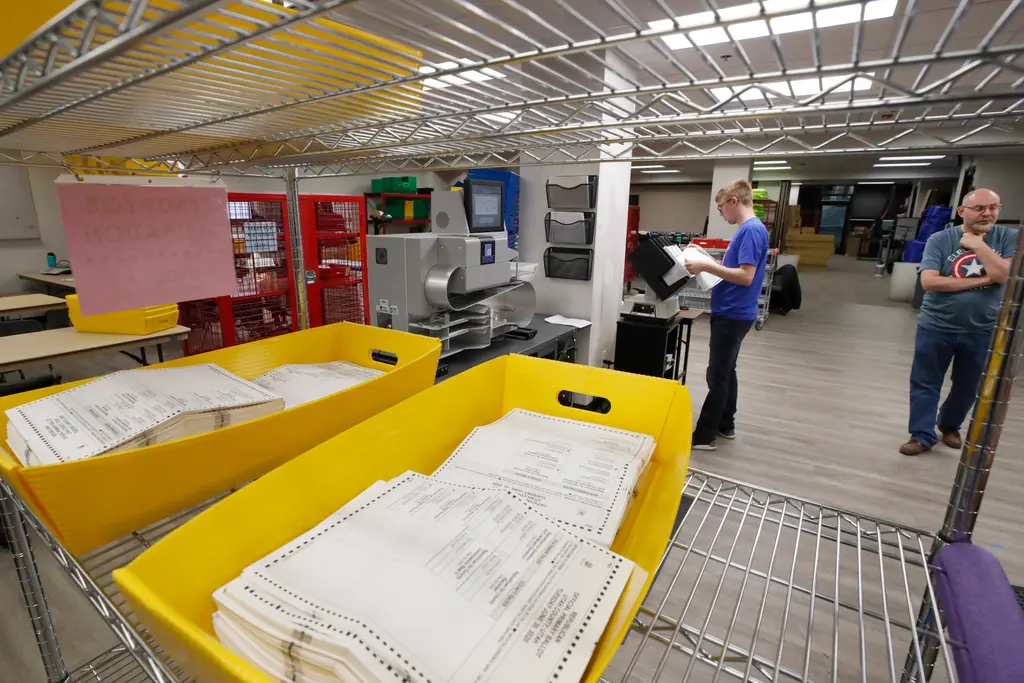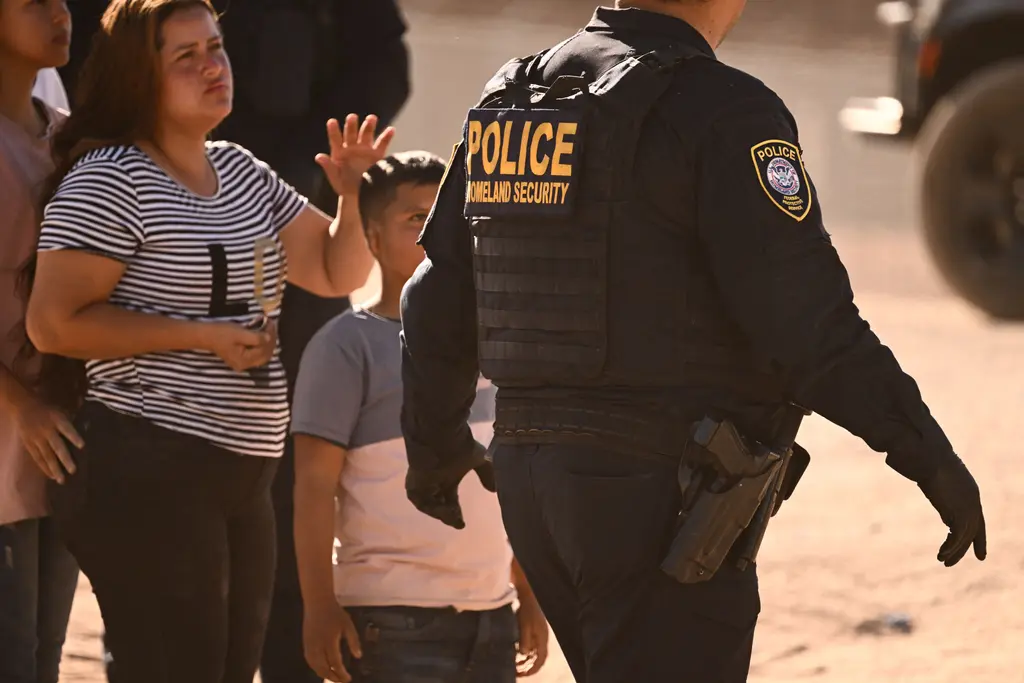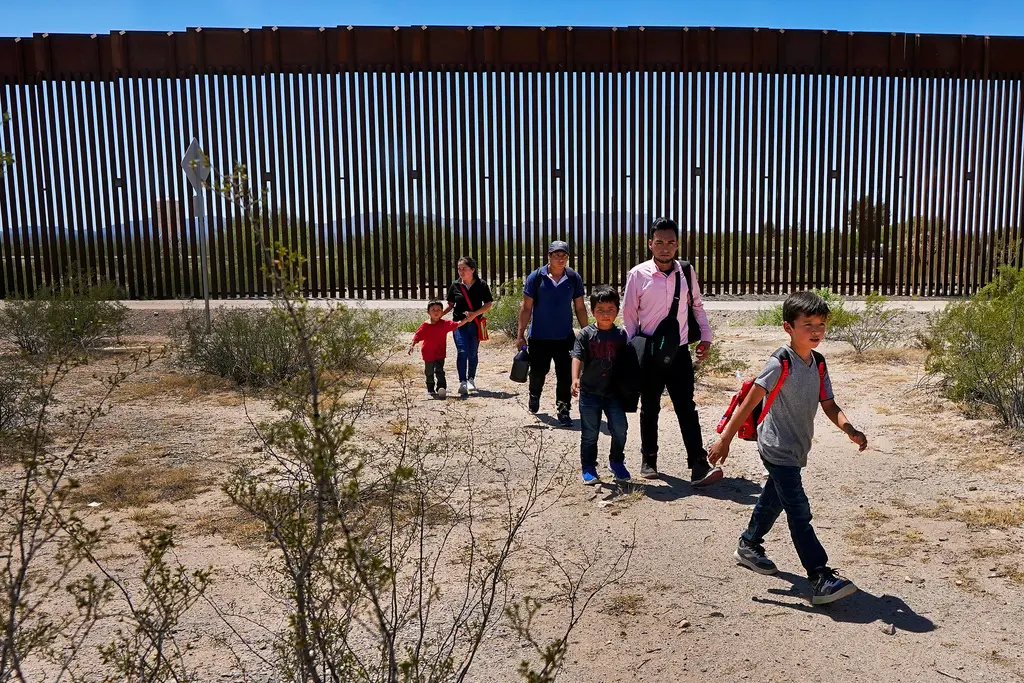Why corruption matters in Central America

The U.S. cannot prevent pandemic outbreaks or devastating hurricanes from ravaging Central American economies, two of the principal drivers of the spike in migrants at our border. But we can do something about another driver, the corruption that is eroding public faith in government and eating away at the ability of Northern Triangle governments to protect its citizens in times of crisis and provide basic services.
Corrupt political and economic elites have succeeded in protecting themselves from ability and undermined effective efforts to unravel their corrupt system. Elites in El Salvador, Honduras and Guatemala have packed the courts with their cronies, fired relatively independent AGs, and kicked out international anti-corruption bodies. And now they are going after pieces they do not directly control—civil society organizations and journalists who are investigating and denouncing their corruption and power grabs. This will only further feed poverty, crime and migration.
Vice-President Harris’s trip to Guatemala this weekend will be an important opportunity for the Biden istration to reaffirm their intent to prioritize the anti-corruption and good-governance agenda by ing efforts by independent civil society and journalism. The rule of law and an independent judiciary are once again under fire in El Salvador, Honduras and Guatemala. As a result, critical voices from a free press and a robust civil society are being silenced.
This month El Salvador’s President Bukele orchestrated the dismissal of the country’s Supreme Court and Attorney General after recent congressional elections gave his party an overwhelming majority. He has marginalized an international anti-corruption body he originally ed. And he has ramped up his campaign of vilifying and threatening independent media like El Faro and civil society organizations such as FUNDE and Cristosal, who dare to investigate his government or even question his decisions.
In Honduras, President Hernandez has also packed the court to favor his re-election, and successfully kicked out an international anti-corruption body, the MACCIH, in 2020, which he originally ed. He has been named as an unindicted co-conspirator in at least two drug cases in the United States, a status that could change when he leaves office in January 2022 and loses his official immunity.
Más sobre Opinion
The Guatemalan elite were also successful in kicking out an effective international anti-corruption body, the CICIG, in 2019. And President Giammattei this month saw his political allies in Congress pack the court’s Constitutional Chamber with magistrates whom the anti-corruption prosecutor has linked to corruption. Once in place, the new Chamber quickly unfroze a bill promoted by President Giammattei that will limit press freedom and undermine the independence of civil society organizations through greater regulation.
It is clear corrupt elites in each country are following a very similar play book. But why should people in the United States care? Central America isn't the only region of the world facing a crisis of governance. But when conditions deteriorate in Northern Central America, people vote with their feet, and head for our southwest border.
And the fact that these three countries are now targeting civil society organizations and journalists should not be lost on us—they are seen as one of the few persistent and significant remaining threats to their corrupt schemes.
It is in this threatening context, that a group of ten civil society organizations in the region, all with years of experience exposing corruption and defending the rule of law, have come together to form the Center to Combat Corruption and Impunity in Northern Central America (CCINOC in Spanish). Working as a regional block will provide them with more protection and more power as they carry out three mandates:
· To investigate and denounce emblematic corruption cases in the region and work to bring them to justice;
· To provide regular report cards on each country’s efforts to fight corruption—information Washington and others can use in asg future aid;
· To propose and work to implement legal and policy reforms to prevent corruption and insure punishment when it corruption is uncovered.
It is vital that these courageous Guatemalans, Salvadorans and Hondurans have the full of the international community, and particularly of the United States. The Biden istration has made it clear that they will prioritize anti-corruption efforts in their assistance to the region.
ing anti-corruption efforts will not by itself put an end to irregular migration but failing to do so guarantees that people will continue to lose hope and head for our border. Now is the time to throw our behind civil society’s efforts to establish good governance once and for all in Central America.



